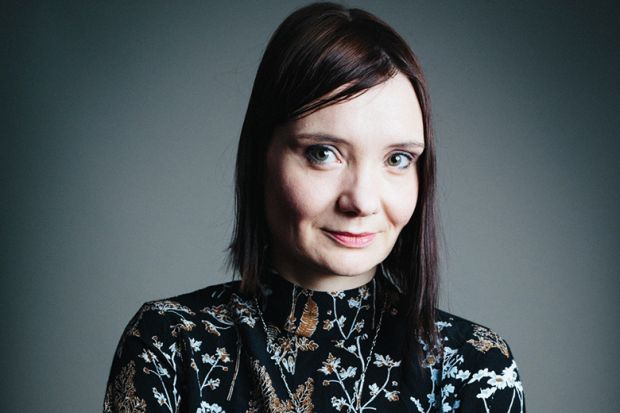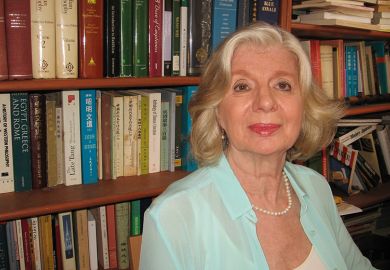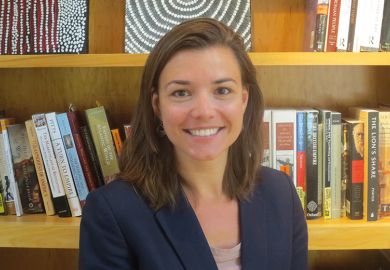What sort of books inspired you as a child?
As a seven-year old, I was given an edition of the violent, original versions of Grimms’ Fairy Tales, with dark but spellbinding illustrations by Anton Pieck. I stroked and devoured it, dragging it around, reading and rereading. I also vividly recall my primary school teacher reading us Thea Beckman’s Crusade in Jeans if we finished our lessons early (as we were in the Netherlands, he read the Dutch original of this imaginative historical novel for children set in the 13th century). As a teenager, Donna Tartt’s The Secret History introduced me to the literary love of my life, the unreliable narrator.
Which books first piqued your interest in the early modern period?
As a young student, my bible was the Norton Anthology. I was first taken with its knights and dragons, Spenser’s Faerie Queene and the parts of Milton’s Paradise Lost in which Satan is disturbingly seductive, but it was the tension between sex and religion in John Donne’s Holy Sonnets that got me hooked. At the end of my studies, searching for female authors then still conspicuously absent from reading lists, I embraced Elizabeth Cary’s The Tragedy of Mariam, a play that influenced Shakespeare’s Othello.
Which works alerted you to the existence of the elusive female spies you tracked down in your new book, ‘Invisible Agents’?
In a way, all the books that deal with 17th-century espionage, because they either ignore female spies completely or relegate them to footnotes. I “caught” the first true spymistress through serendipity. Janet Todd’s The Secret Life of Aphra Behn enthused me further, despite her warning that female spies are hard to pin down. Reading A. S. Byatt’s Possession and Henry James’ The Aspern Papers must have persuaded me that archival scholarship is thrilling, and it is unlikely that I will ever stop hunting for the unknown in boxes of old paper.
What would you recommend as good, non-specialist accounts of the wider history of espionage?
Stephen Alford’s The Watchers: A Secret History of the Reign of Elizabeth I lays the Elizabethan spy world bare; David Kahn’s The Code-Breakers is a good general history. My favourite fictional work on the subject is Ian McEwan’s Sweet Tooth, set in 1970s Brighton, which describes the lives of two women recruited for MI5.
What is the last book you gave as a gift, and to whom?
Griet Op de Beeck’s beautiful but painful Many Heavens above the Seventh, to a friend who might see his life reflected in it – if he ever reads it.
What books do you have on your desk waiting to be read?
Sara Ahmed’s Living a Feminist Life and Angela Saini’s Inferior: How Science Got Women Wrong. If women can still be invisible in the 21st century, imagine how it was 400 years ago. The women in my book used their invisibility to their advantage – when it comes to stealing secrets, it’s a great asset. I’ve just finished reading the draft of a novel based on Invisible Agents. I may be biased, but I love it.
Nadine Akkerman is reader in early modern English literature at Leiden University. Her latest book is Invisible Agents: Women and Espionage in Seventeenth-Century Britain (Oxford University Press).
Register to continue
Why register?
- Registration is free and only takes a moment
- Once registered, you can read 3 articles a month
- Sign up for our newsletter
Subscribe
Or subscribe for unlimited access to:
- Unlimited access to news, views, insights & reviews
- Digital editions
- Digital access to THE’s university and college rankings analysis
Already registered or a current subscriber?






